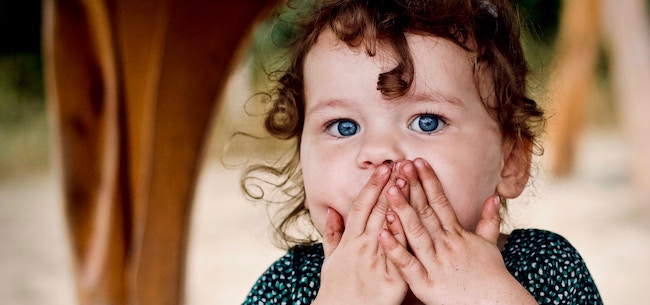
This week we read the parsha of Korach’s uprising against Moshe. “And Korach the son of Yitzhar, the son of K’has, the son of Levi.[16:1]”
Why did the Torah spell out his lineage all the way up to the tribe of Levi but stop short of Yaakov?
Rashi writes that when Yaakov was blessing his sons before his death, he placed a personal plea into the blessing bestowed upon Levi. “In their assembly (referring to Levi’s descendant, Korach and his cohorts) do not mention my name.”
The Kli Yakar explains that a forefather’s name mentioned in the lineage implies that the root of the descendant’s actions can be found in that predecessor.
Korach was jealous of having been passed by for a position that he felt he deserved. Moshe had appointed Elitzafon the son of Uziel to be the Nasi {prince/leader} of K’has. Elitzafon’s father, Uziel, was younger than Korach’s father, Yitzhar. Korach therefore felt that the position of Nasi should have gone to him.
He persuaded two hundred and fifty men to rebel against the validity of all of Moshe’s appointments, including Aharon’s appointment as the Kohen.
With this we understand why Korach’s father, Yitzhar was mentioned. The star of Korach’s uprising was his claim to the Nasi position as the son of Yitzhar. Korach’s lineage also extended to Levi, as it was an aspect inherited from Levi that played a role in his jealous uprising. Levi was a co-conspirator with Shimon in their jealousy-prompted plan to harm Yosef. The lineage therefore extended to him.
Yaakov foresaw what Korach would do and was afraid that Korach’s actions might be traced back to him. Originally the Divine Service was to be performed by the b’choros {first born males} but was later switched to the Kohanim. Yaakov was afraid that Korach’s contesting Aharon’s appointment to Kehunah was rooted back in his own seizure of the b’chorah {birthright of the first-born} from Esav. He prayed that he had purified his intentions to the point that personal gain had not played a role and Korach’s actions were not attributed to him in any way. Hashem showed this to be the case by leaving Yaakov’s name out of Korach’s lineage.
This concept can also be used to explain another intriguing aspect of Korach’s rebellion. Korach and his entire family were swallowed up by the earth-even the infants. Rashi [16:27] points out that from here we can see the awesome power of machlokes {strife}. The court system would only punish once a person entered manhood at the age of thirteen. Yet here, when the issue was machlokes, even young children perished.
But why, in fact, did these innocent children die?
Rav Chaim Shmuelovitz zt”l compares this to a ‘ben sorer umoreh’-a very wayward young boy-who, if he does certain very specific and horrific acts, is put to death by the court. The explanation given is that the Torah foresaw where such actions would lead him. It’s therefore better for him to die as an unaccountable youth rather than to continue this lifestyle and ultimately die as a very accountable and guilty adult.
The same can be applied to Korach’s young children. As only Hashem can foresee the true effects of a parent’s ways on the children, Hashem saw it fit and beneficial for even the children to die at that early point in their lives.
This places a tremendous responsibility on us as (present or future) parents. It also allows a person to recognize and appreciate how one’s parents impacted on him.
After my father, hk”m, passed away, his tefillin were misplaced. With two grandsons approaching the age of bar mitzvah, it was especially frustrating. All plans went ahead and I ordered a new pair of tefillin for my son.
When the tefillin were finally located, my brother and I spoke and the issue of whose son would use the tefillin came up. As close as we are, it was a bit awkward as it was really a toss up and we each wanted our son to have them.
During a short break in the conversation, my thoughts turned to what my father must be thinking while observing this conversation. It became so clear to me how he had always done everything possible to avoid machlokes-especially between his children. How the last thing he’d ever want was that something of his would be the cause of any tension between two sons.
I quickly told my brother, “You are older, Dad a”h, already chipped in toward the tefillin that I already ordered, I think your son should use them.”
Those who have merited a legacy must live up to it-those who haven’t need to start one for their children.
Good Shabbos,
Yisroel Ciner
Copyright © 2001 by Rabbi Yisroel Ciner and Project Genesis, Inc.
The author teaches at Neveh Tzion in Telzstone (near Yerushalayim).


